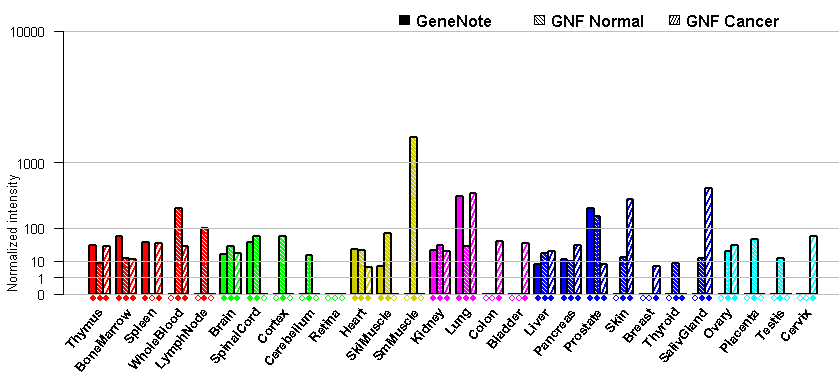Alias (According to NCBI)
- COX-2
- COX2
- PGG/HS
- PGHS-2
- PHS-2
- hCox-2
- prostaglandin G/H synthase and cyclooxygenase
- prostaglandin-endoperoxide synthase 2 (prostaglandin G/H synthase and cyclooxygenase)
- Prostaglandin G/H synthase 2 precursor (EC 1.14.99.1) (Cyclooxygenase -2) (COX-2) (Prostaglandin-endoperoxide synthase 2) (Prostaglandin H2 synthase 2) (PGH synthase 2) (PGHS-2) (PHS II).
Description
(According to SwissProt)
This gene encodes PTGS2, which shows 86% - 89% amino acid sequence identity with mouse, rat, sheep, bovine, horse and rabbit PTGS2 proteins, respectively. Human PTGS2 is expressed in a limited number of cell types and regulated by specific stimulatory events, suggesting that it is responsible for the prostanoid biosynthesis involved in inflammation and mitogenesis. The expression of this gene is deregulated in epithelial tumors. May have a role as a major mediator of inflammation and/or a role for prostanoid signaling in activity-dependent plasticity.
- Chromosomal location
(According to NCBI, CGH: progenetix)
- Location:1q25.2-q25.3
- Orientation: Minus strand
- Size: 8,587 bases
- 10 Exons
- DNA Sequence: NT_004487
![]()
CGH ( 1q25.2-25.3) : Losses (%) -1.1 Gain (%) 8.9
- HGMD (Human Gene Mutation Database):
- SNPs: Cox2
- Size:604 amino acids; 68996 Da
- Protein domains:

- OMIM: 600262
- PubMed: Early detection Diagnosis Prognosis Therapy
